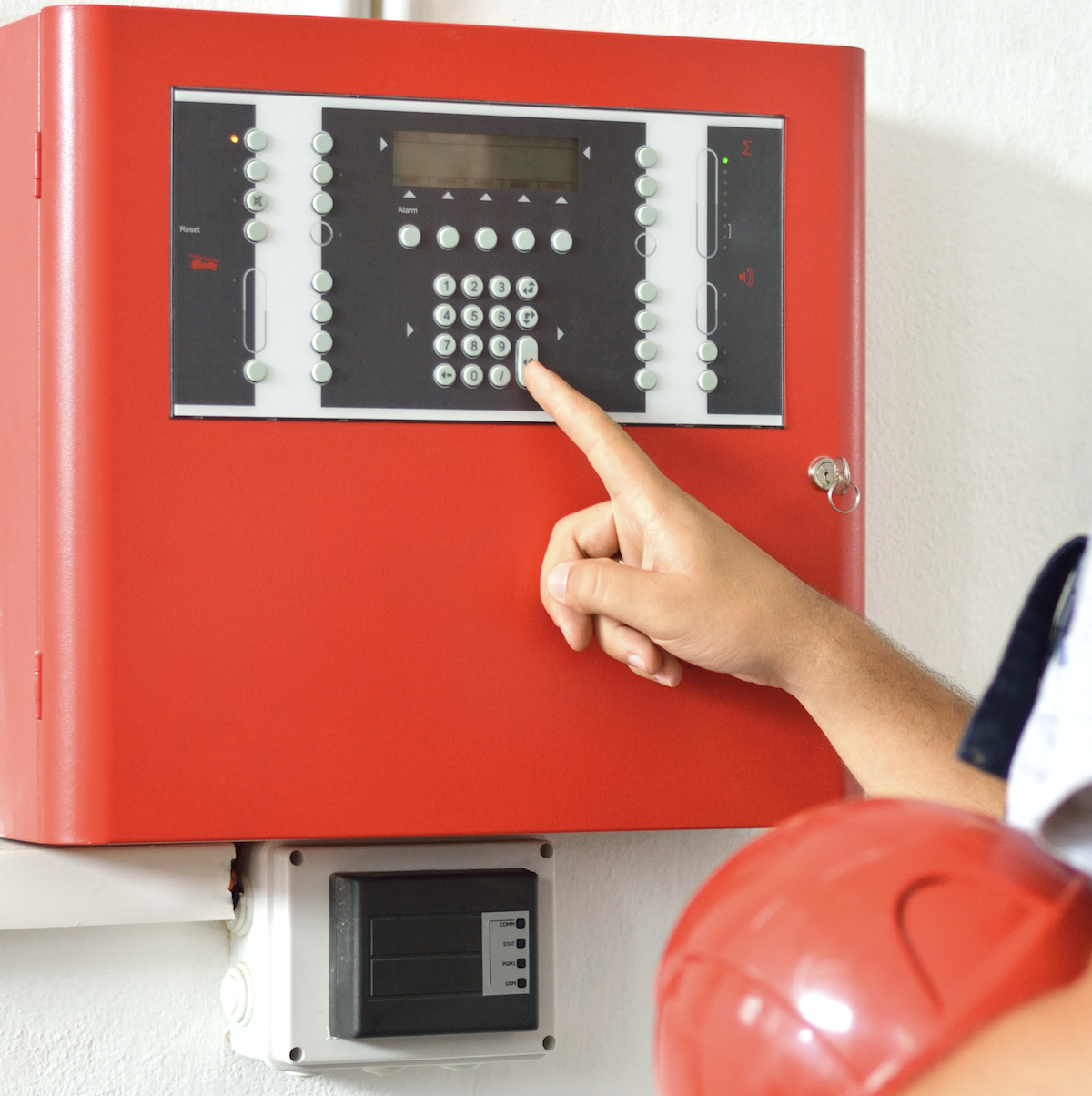More than ever system installers need to differentiate themselves from competition if they are to be successful. Not only do they need to be able to present the technical advantages of their products and systems, they also need to have a total solution. That total solution means a well thought out service agreement. A major component to their value proposition is the availability and quality of their service offerings. Owners and operators of buildings are looking to partner with firms that can create service agreements that are specific to their needs, not cookie cutter solutions.
When presenting service options Service Sales people most often are calling on individuals that had little or no part in selecting the system, they’re now responsible for. Just as buildings serve different functions, the backgrounds and needs of building owners and operators are also varied. Needless to say, the level of awareness is far greater when the buildings function is critical to a business, or even more important where lives and livelihoods may be at stake. I try to get my clients to focus on how to develop and present service agreements that are market segment specific. Based on my research service levels vary widely by market segment. This holds true even where there are well defined legal requirements or commonly accepted standards in place. Differentiation matters.
End users, building operators, and property managers are all looking for the same thing. They’re looking for a service provider that will partner with them to ensure their systems are operating as needed around the clock. They also know that when a problem occurs, they can count on their service provider to respond quickly. They don’t want their facilities occupants or processes to be inconvenienced or disrupted. They also don’t want to be surprised by unplanned expenses. Service providers need to present service solutions that are specific to each facility’s unique needs and a well conceived value proposition.


 Perfect for all personnel involved in service sales, this book describes the keys to success for selling service on technology-based products and systems. Anyone indirectly involved in service sales such as technicians, engineers, administrative assistants and others who work with customers will also find the book beneficial.
Readers will learn the unique skills and methodology required to be successful from the industry expert.
Perfect for all personnel involved in service sales, this book describes the keys to success for selling service on technology-based products and systems. Anyone indirectly involved in service sales such as technicians, engineers, administrative assistants and others who work with customers will also find the book beneficial.
Readers will learn the unique skills and methodology required to be successful from the industry expert.